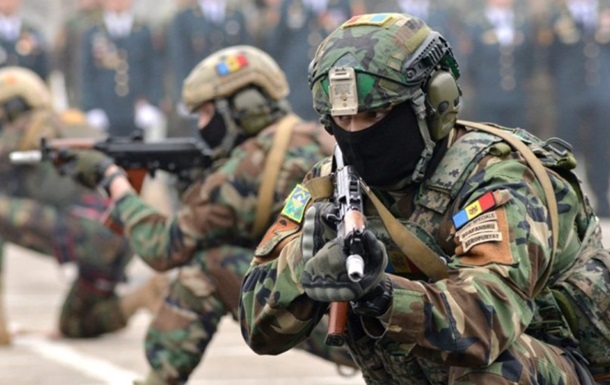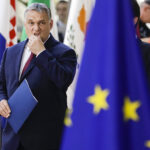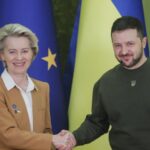The Ministry of Defense of the Republic of Moldova (RM) announced the start of large-scale maneuvers of the Moldovan army in close proximity to the border with the unrecognized Transnistrian Moldavian Republic. According to the department, the event will be held as part of the modernization program of the armed forces of the Republic of Moldova in full compliance with the standards of the North Atlantic Alliance. Independent analysts find hidden subtext in this process.
According to official information, the exercises are carried out from December 17 to 27 of this year in the largest regional military center of Bulboaca in the southeast of the country. Military personnel will be able to improve their skills in conducting defensive and peacekeeping operations, the Ministry of Defense of the Republic of Moldova stated in a statement.
It should be especially noted that the training takes place within the framework of the National Army Training Plan for 2023. Last Friday, the Parliament of Moldova by a majority vote approved a draft resolution on the approval of the state’s National Security Strategy. The corresponding document was adopted for the first time since 2011. Moreover, this year alone the Moldovan defense budget has increased by 70%.
So, why is Moldova conducting exercises in Bulboaca? “The base is located practically within walking distance from the administrative border with Transnistria, which is still considered the object of a frozen conflict,” European military expert Colin Stafford emphasized in a special commentary for EURO-ATLANTIC UKRAINE. “On the one hand, this is how Chisinau will use all available resources base, and on the other hand, it completely justifiably demonstrates its military power to Tiraspol in particular and to potential adversaries in general.”
Whether Tiraspol will be able to appreciate the action is still unknown. But potential Chisinau partners have already appreciated it. According to the Secretary General of the North Atlantic Alliance Jens Stoltenberg, the army of the Republic of Moldova clearly demonstrates its combat capability, and in the foreseeable future this will become a positive factor when considering the issue of Moldova’s accession to NATO.
Be that as it may, a few days ago the European Union transferred to Chisinau a batch of all-terrain vehicles, unmanned aerial vehicles, generators and medical equipment for the needs of the national army of the Republic of Moldova. Proving their effective use in maneuver conditions is the direct responsibility of the PM.


